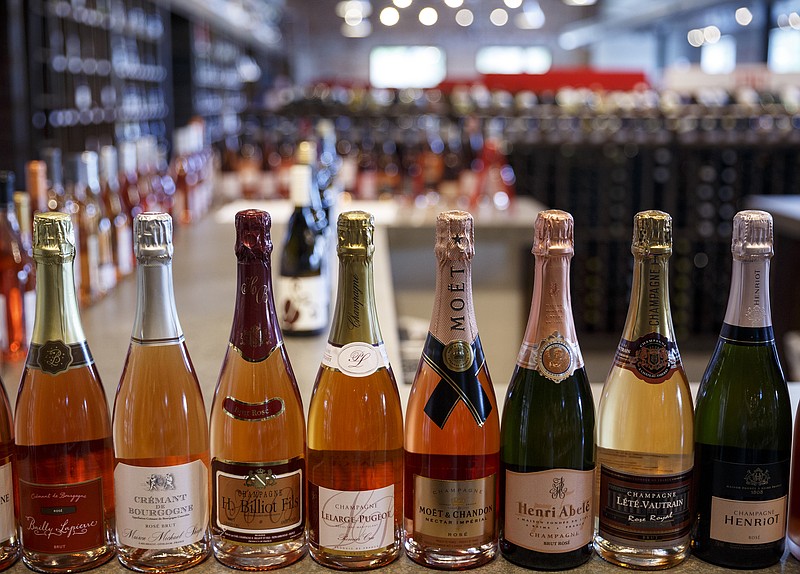State officials are still racing to meet a July 1 deadline to issue permits allowing metro area grocery stores to sell wine. But they say most stores should be ready to go in time for the big July 4 holiday.
Of the 21 grocery stores in Chattanooga whose applications have been received by the state Alcoholic Beverage Commission, 20 have received a conditional license and of those, 16 have been given their final permit, according to Brandy Crissman, administrative secretary for the ABC.
With less than two weeks to go, almost 80 percent of the grocery stores in the state seeking to sell wine have been given conditional letters of approval allowing them to begin purchasing and stocking wine in their stores, according to the ABC. Getting a final permit depends on their supplying all of the remaining paperwork, said Crissman.
"I'm committed to the success of this roll-out and I'm proud of our team," ABC executive director Clayton Byrd said in a statement Monday. "The staff at the ABC is working tirelessly to process applications, communicate with applicants, conduct site inspections and verify statutory compliance with documentation."
The ABC has received 499 applications and approved 398 of them conditionally, according to commission staff.
The process for getting approval to sell wine is complicated. Stores need a statement from their local government that the manager has not been arrested in the past 10 years and that the building complies with local zoning regulations, and then their facility must be inspected by a local ABC staffer to determine if it meets minimum size standards. Besides getting a permit from the ABC, managers in charge of selling wine must undergo a background check, and all employees selling wine must be trained in how to check IDs and deal with customers who appear to be intoxicated.
Wine prices at grocery stores may not be any cheaper than at liquor stores. As part of the compromise in the state legislature to pass the legislation, grocery stores were required to charge at least 20 percent above their wholesale price for wine, and each individual store must order its wines separately, i.e., a large chain such as Walmart or Food City can't use its size to get a discount from wholesalers.
And don't count on last-minute shopping for a cabernet before Sunday dinner. Wine sales are only allowed between 8 a.m. and 11 p.m., Monday-Saturday. They are also barred on the five holidays when liquor stores are not allowed to open: New Year's Day, July 4, Labor Day, Thanksgiving or Christmas.
Voters in six Hamilton County towns, including Chattanooga, Collegedale, East Ridge, Lakesite, Red Bank, and Signal Mountain approved wine sales at grocery stores.
Grocery stores in North Georgia are already allowed to sell wine.
Contact staff writer Steve Johnson at 423-757-6673, sjohnson @timesfreepress.com, on Twitter @stevejohnsonTFP, and on Facebook, www.facebook.com/noogahealth.
